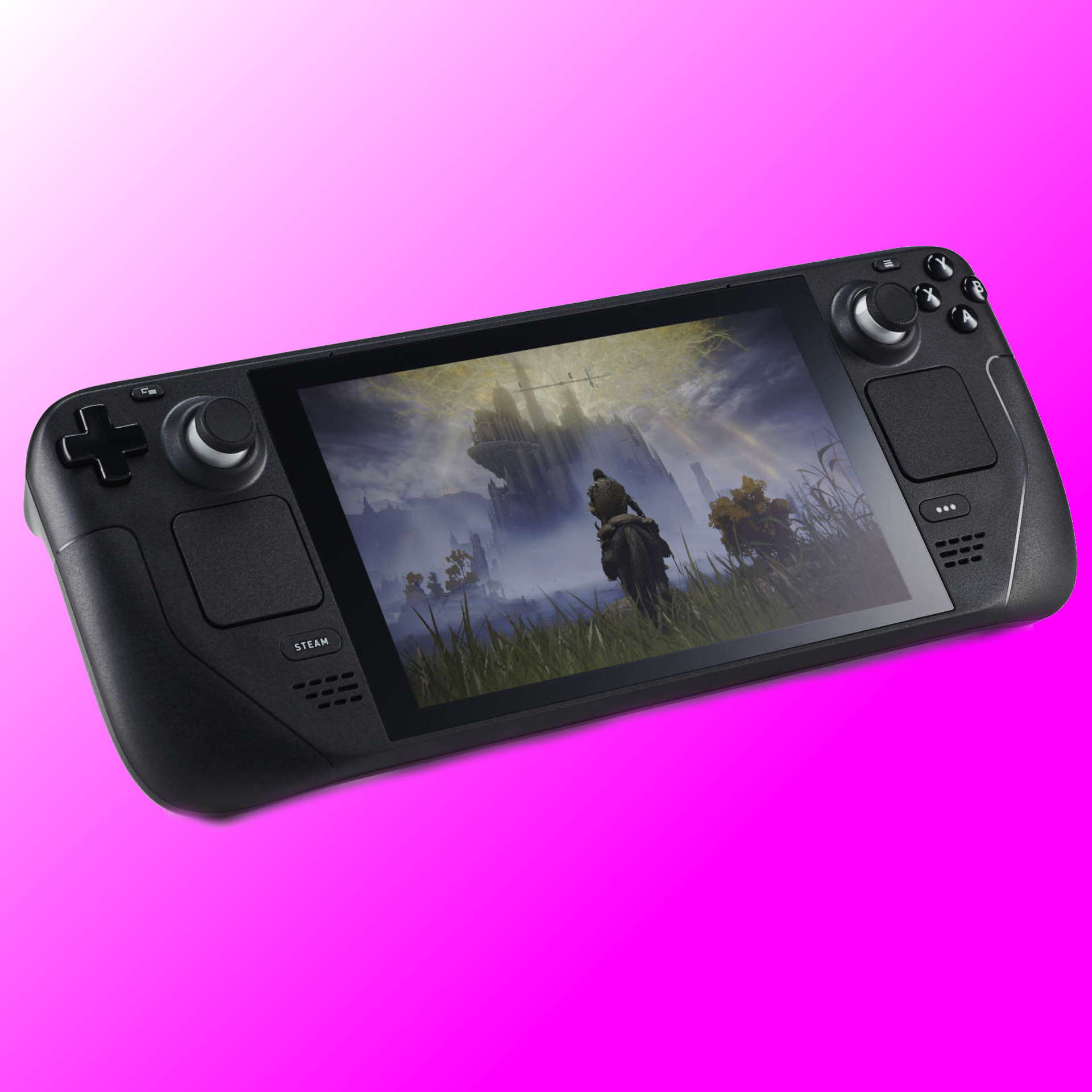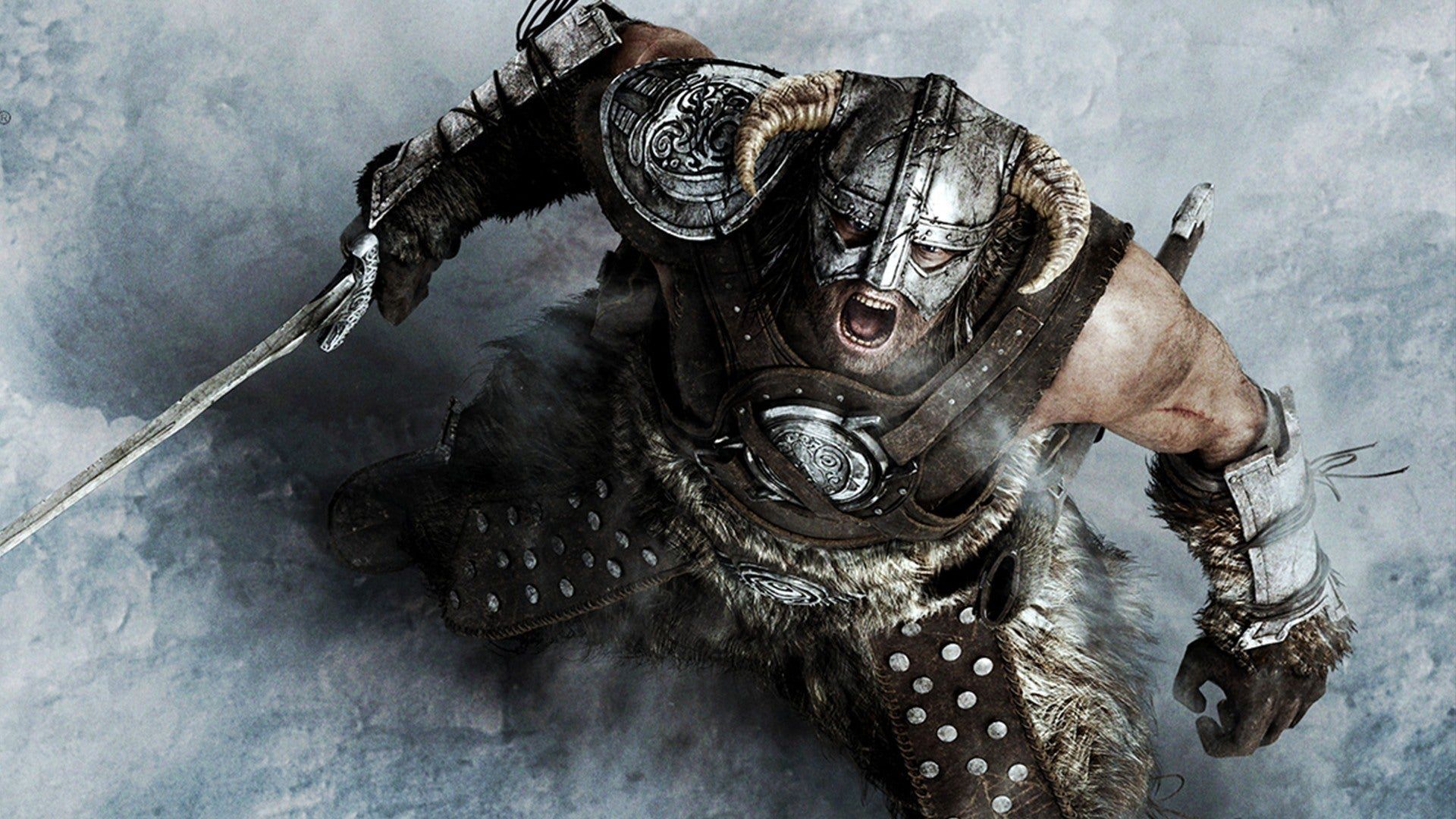Social media hasn't exactly been a net positive for kids and teens. Organisations, such as The Anxious Generation, have observed typical childhood becoming subsumed into the screen-based domain of social media, and have noted an alarming correlatory rise in instances of anxiety and depression in the younger generation.
So this news out of Australia comes as no surprise: During a recent press conference, Prime Minister Anthony Albanese announced plans to legislate a ban on social media for children under the age of 16 (via Reuters). A proposed age-check system would stop kids and teens from accessing not just the sort of social media aged millennials like myself frequent, such as Facebook and X, but also apps with a huge younger following, like Instagram, YouTube, and Tik Tok. The ban could come into effect as soon as next year.
Other parts of the world have explored similar strategies, with France looking into limiting under-15's access unless kids get permission from their parents. The US currently requires parental consent for anyone younger than 13-years-old wanting to create a social media account, so most sites simply ban anyone underage. Australia's proposed legislation is definitely the strictest so far, with the blanket ban allowing no wiggle room in the case of under-16-year-olds with an existing social media account, or anyone creating a new account with permission from their parents. The move is motivated in part by the effect of harmful social media posts on young people, with Albanese highlighting the risk posed by content promoting misogynistic ideals and depicting harmful ideas about body image.
While it's hard to prove causation, concerns about youngsters' mental and physical health are not unfounded, as this recent piece from Ars Technica about dangerous Tik Tok challenges explores. Add to that Facebook's "addictive features" drawing young uns focus away from other important areas of their lives, plus Roblox becoming an unsafe "hellscape" for children, and it's clear this isn't a conversation that can be ignored.
As part of a generation sometimes described as 'digital natives', I don't need to think very hard about times my teen peers made me miserable over social media. Still, I'm not wholly convinced a strict ban is the answer. For instance, back in the day when I was too young for a Neopets account I simply lied and made one anyway—I find it hard to believe today's kids won't simply problem solve in a similar way.
When that inevitably happens, my next question is how would the proposed ban be enforced and what would be the repercussions if a youngster was found to be using a social media account they shouldn't be? Albanese stated, "There will be no penalties for users," also saying that the onus would be on the social media platforms themselves to ensure they're blocking access. While that sounds good on paper, I'm also of the opinion that any punishment doled out by the Australian government would amount to little more than a slap on the wrist for massive social media platforms.
Bans like these are understandably appealing, but they paper over other tricky conversations. Like, could increased rates of anxiety and depression among young people be attributed to other causes, such as many young Australians "poised to be the first generation worse off than their parents"? Food for thought, at the very least, but we'll just have to see how effective (or ineffective) this ban might be if it ever makes it past the proposal stages.
Social media is an easy target but I suspect, if we want to actually help young people, we'll have to look beyond the edge of the screen.

Best handheld gaming PC: What's the best travel buddy?
Steam Deck OLED review: Our verdict on Valve's handheld.
Best Steam Deck accessories: Get decked out.












 Bengali (Bangladesh) ·
Bengali (Bangladesh) ·  English (United States) ·
English (United States) ·